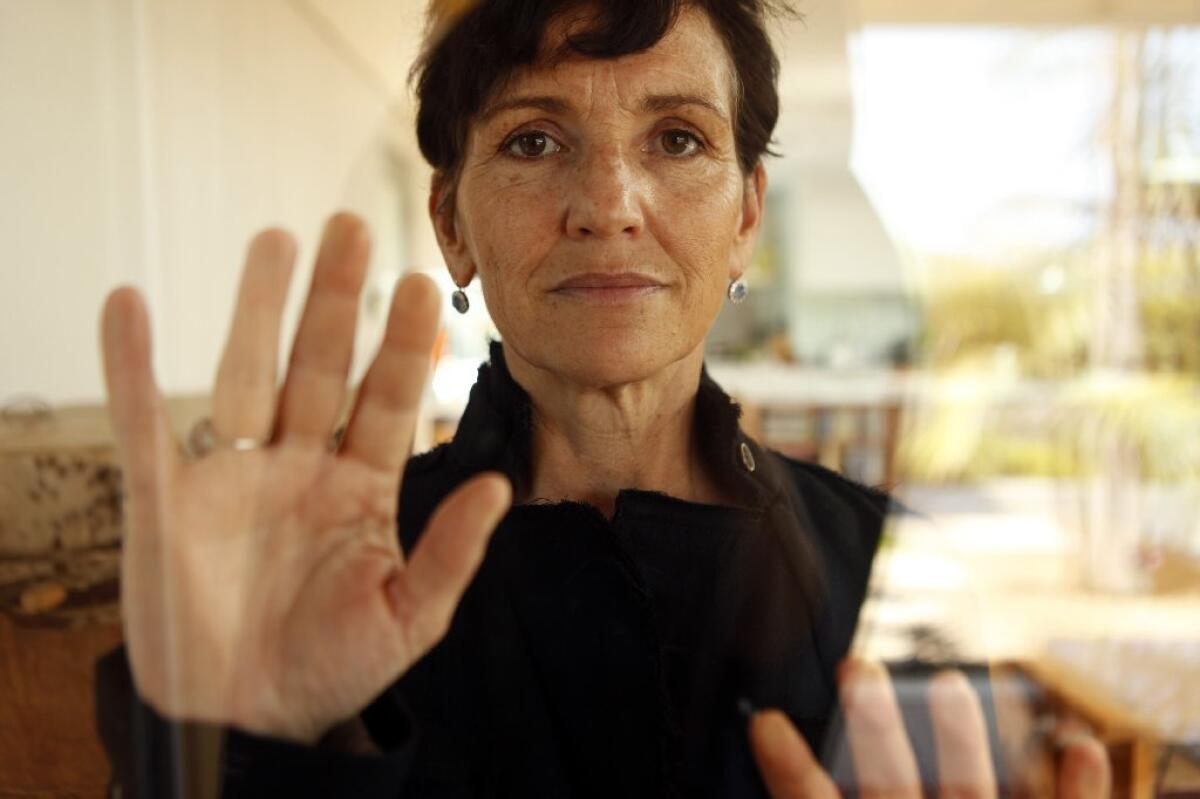Gender bias in Hollywood? U.S. digs deeper to investigate the industry’s hiring practices

- Share via
The U.S. Equal Employment Opportunity Commission has begun quietly expanding its investigation into gender discrimination in Hollywood.
A year after the American Civil Liberties Union first urged government agencies to investigate a pattern of gender bias in the hiring of film and TV directors, and seven months after the EEOC began interviewing female directors, the government agency is now widening its circle of interview subjects to include studio executives, producers, agents, actors and male directors, according to multiple sources familiar with the investigation who declined to be identified because they were not authorized to speak publicly.
See more of our top stories on Facebook >>
The EEOC has never publicly confirmed the existence of the investigation, citing Title VII confidentiality provisions, but a statement the ACLU issued Wednesday attests that the probe is moving forward.
“ACLU SoCal and the ACLU Women’s Rights Project are pleased that the federal Equal Employment Opportunity Commission and Office of Federal Contract Compliance Programs gave careful consideration to our findings and responded by launching a wide-ranging and well-resourced investigation into the industry’s hiring practices,” said Melissa Goodman, director of the LGBT, Gender and Reproductive Justice Project at the ACLU of Southern California, in a statement released Wednesday. “We are encouraged by the scope of the government’s process and are hopeful that the government will be moving to a more targeted phase.”
Over the fall and winter, the EEOC interviewed more than 50 women directors, asking how they were hired, who signed their paychecks and what roles agencies, managers and the Directors Guild of America played in their careers, according to multiple women who were interviewed.
“They were just at the very beginnings of being able to understand the industry,” said Maria Giese, who spent four hours with EEOC investigators. “They asked about film schools. Who does the hiring? How do agencies work? Who pays you? Who signs the checks?”
If the EEOC determines that a pattern of discrimination exists, it could take legal action against the studios or talent agencies, or seek a solution through mediation. But the complicated process by which films are greenlighted and directors chosen makes a legal path difficult, due to the large number of people involved in hiring, including agents, managers, producers, studio executives and the Directors Guild of America.
SIGN UP for the free California Inc. business newsletter >>
Reached by phone Tuesday, Marla Stern-Knowlton, the San Diego-based EEOC representative who began contacting female directors last fall, declined to comment.
In the year since the ACLU called for the investigation, there have been some signs that the film and TV industries are heeding the criticism -- some female directors say they are having an easier time finding work, and prominent producers like J.J. Abrams and Ryan Murphy have made verbal commitments to interview and hire more female candidates on their projects.
“I believe there was a lot of pressure to hire women this year,” said one woman who has directed more than 75 episodes of television, but did not wish to be identified because she was worried that speaking publicly about the issue would damage her career. “There are some show-runners who very actively want to be seen as inclusive.”
Other measures indicate an industry at a standstill as female directors continue to be scarce, in particular on large studio films.
When the ACLU first urged the government to investigate the issue in May, the organization cited a USC study that found that only 1.9% of directors of the top-grossing 100 films of 2013 and 2014 were women.
Of 25 Paramount Pictures films that have been announced through 2018, not a single one has a women director attached, in a tally first noted by The Wrap. The same is true of the 22 Twentieth Century Fox films that have been announced (This does not include Fox’s lower-budget, specialty division, Fox Searchlight).
Some female directors said they have noticed a backlash for their activism as well, and from a source that might be expected to be an ally. Over the summer, DGA leadership attempted to take over administration of a Facebook group of women directors who were discussing problems in the industry, according to Giese. When the guild was unsuccessful, it created its own, more promotional Facebook group for female directors.
The DGA did not reply to a request for comment.
“In the year since our report was released, there has been much lip-service paid to furthering opportunities for women, but few definitive steps and no serious movement in the number of women directors hired,” continued Goodman in her statement. “We are confident that the government will corroborate our work and push industry leaders to address the ongoing violations of the legal and civil rights of these directors and of all women in the film and television industries.”
ALSO
Woody Allen speaks at Cannes, but questions go unasked
Why a white woman’s discrimination lawsuit against the Getty is no joke and could set a precedent
Will Ferrell and Adam McKay have made a movie about the Lakers and sex
Where was Nick Fury in Marvel’s ‘Civil War’?
More to Read
Only good movies
Get the Indie Focus newsletter, Mark Olsen's weekly guide to the world of cinema.
You may occasionally receive promotional content from the Los Angeles Times.











